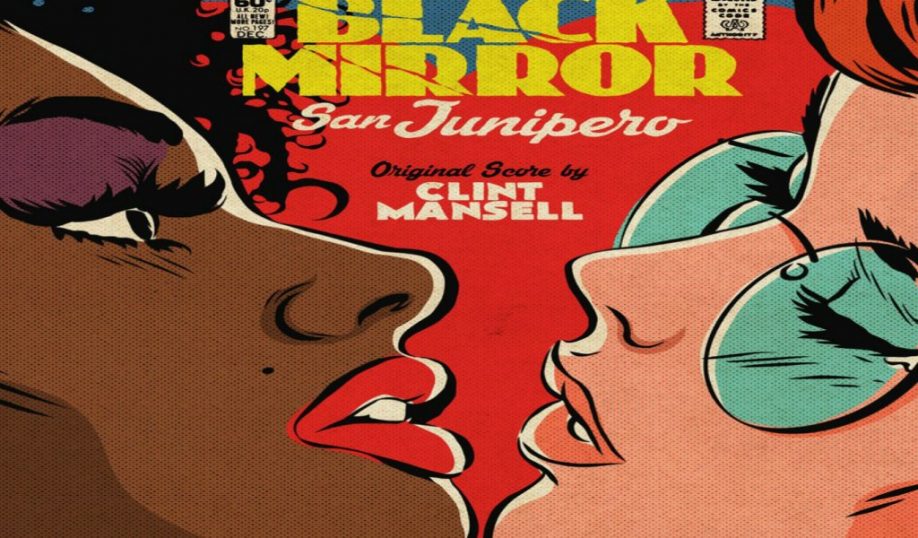The Thought Erotic is open for submissions for Summer/Fall 2018!
Our reading period is June 1 to September 3 (extended).
We’re looking for stories, poems, essays and art about sex and sexuality—narratives and images that shake up what our ideas of erotica and porn look like, of what they are and what they have potential to be. We’re looking for celebrations of sex while acknowledging that it can be fraught with fear and trauma—recognizing that the sexiest thing might be a reclamation or flat-out rejection of current definitions and expressions of sex. We are looking for authors and characters that are underrepresented and unheard, especially around ownership of body, self and voice—for stories from and featuring people of color, people who identify as LGBT, queer and/or gender nonconforming, women and people with disabilities. We’re looking for a spectrum of sexual expression, from vanilla to kinky. We’re looking for fiction, poetry, creative nonfiction (from lyric essay to cultural critique) and visual art.
The Thought Erotic features stories and essays where sexuality is a site of empowerment, of ownership of one’s own body, identity and story. It is a place to re-story and reclaim some of our cultural ideas around sex + sexuality. To take back/undermine/undo the heteronormative, sexist, racist, cissexist, patriarchal narrative of what sex is and looks like.
Our open reading period again is June 1 – September 3, 2018. Please see our submissions page for more details and to submit your work!










